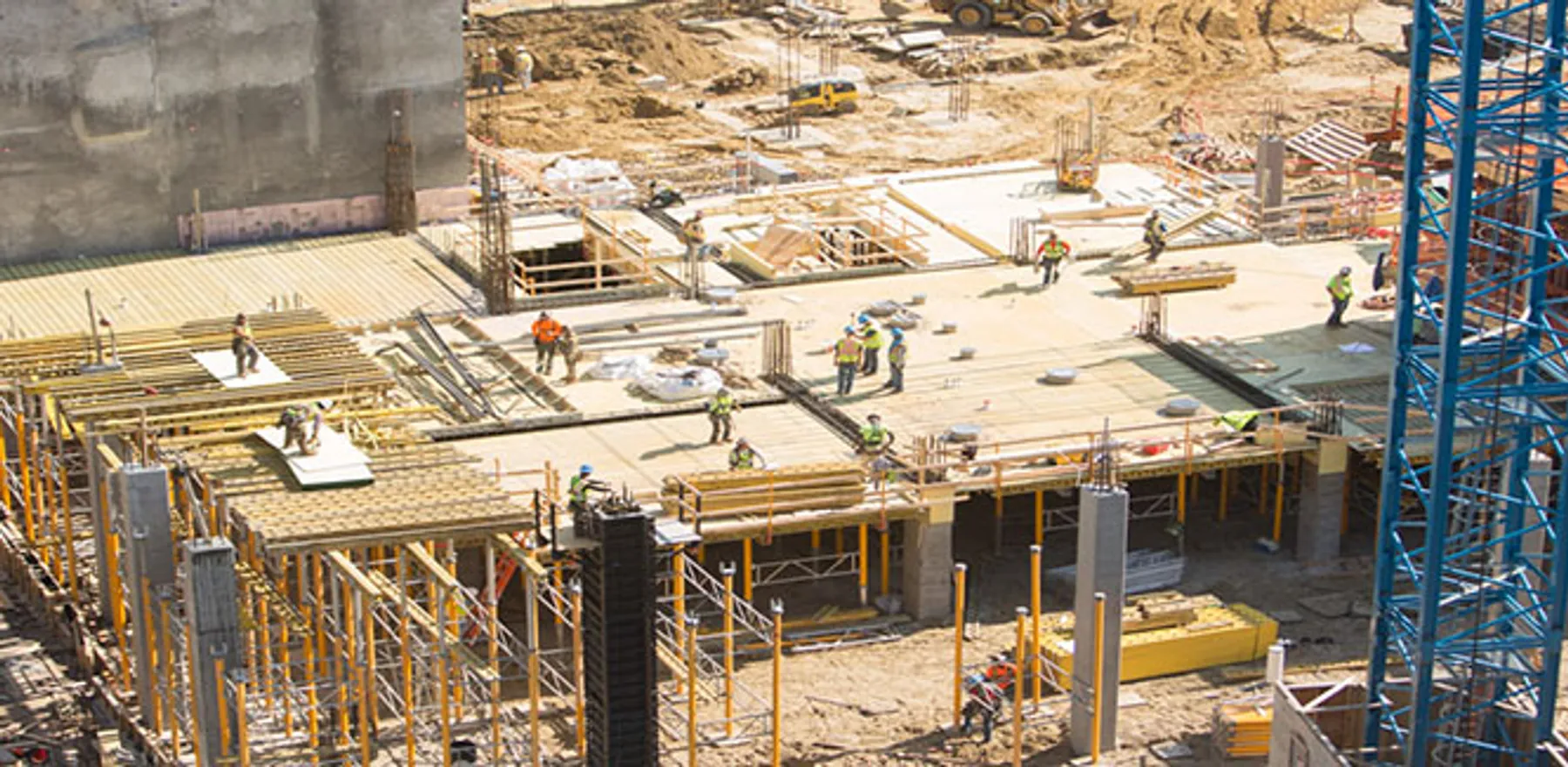When seeking a commercial appraisal, property owners play a crucial role in ensuring the process is smooth and accurate. A commercial appraisal is an in-depth analysis that determines the market value of a property based on various factors like location, condition, and income potential. Providing the appraiser with the necessary information and understanding what to expect can lead to a more accurate and efficient appraisal process. Here’s a guide on what you should provide to the appraiser and what you can expect during a commercial appraisal.
Key Documents and Information to Provide
Property Details
Deed or Title: Provide a copy of the property’s deed or title to verify ownership and the legal description of the property.
Site Plans and Building Layouts: If available, provide detailed site plans, building layouts, and floor plans. This helps the appraiser understand the property’s structure, layout, and overall condition.
Income and Expense Statements
Operating Income: Provide at least two to three years of income statements showing rental income, including a rent roll that lists all tenants, lease terms, rental rates, and lease expiration dates.
Operating Expenses: Include detailed records of operating expenses such as maintenance, utilities, taxes, insurance, and management fees. This information is vital for assessing the property’s net operating income (NOI), which is crucial for income-based valuation methods.
Property Tax Statements
Recent Tax Bills: Provide copies of recent property tax bills, which can give the appraiser insights into the property’s tax obligations and any recent reassessments.
Lease Agreements
Current Leases: Submit copies of all current lease agreements, including any addendums or modifications. Leases provide essential details about the income generated from the property and the stability of that income over time.
Recent Improvements, Proposed Improvements, and Maintenance Records
Capital Improvements: Provide documentation of any recent capital improvements or renovations, including costs and dates of completion. This information helps the appraiser assess the property’s current condition and the impact of these improvements on its value.
Proposed Improvement: If renovations or capital improvements are planned for the near future, please provide the appraiser with detailed plans and budgets of the proposed work.
Maintenance Records: Submit records of routine maintenance, which can indicate the property’s upkeep and potential future repair costs.
Legal and Environmental Documents
Zoning Information: Provide any relevant zoning documents or restrictions that could impact the property’s use or development potential.
Environmental Reports: If available, provide recent environmental assessments, particularly for properties that may have contamination or environmental issues.
Historical Appraisals and Market Studies
Previous Appraisals: If the property has been appraised in the past, provide copies of those reports. They offer a baseline for the appraiser and can help identify trends or changes in the property’s value over time.
Market Studies: Any recent market studies or surveys relevant to the property can also be useful for the appraiser’s analysis.
What to Expect During the Commercial Appraisal Process
- Property Inspection:
The appraiser will conduct a thorough inspection of the property, assessing its condition, size, layout, and any unique features. This inspection typically includes both the interior and exterior of the building, as well as the surrounding site.
- Analysis of Market Data:
The appraiser will gather and analyze market data, including recent sales of comparable properties, rental rates, and market trends. This data helps in determining the property’s value relative to similar properties in the area.
- Assessment of Income Potential:
For income-producing properties, the appraiser will focus heavily on the property’s income potential, analyzing current leases, occupancy rates, and market rent levels. This analysis is crucial for the income approach to valuation, which is commonly used for commercial properties.
- Consideration of Zoning and Legal Factors:
The appraiser will review zoning regulations, land use restrictions, and any legal issues that could affect the property’s value or future use. Understanding these factors is essential for accurately assessing the property’s highest and best use.
- Final Appraisal Report:
After gathering all necessary data, the appraiser will prepare a detailed report outlining the property’s market value, the methods used to determine that value, and the supporting data. This report is typically shared with the property owner and any other relevant parties, such as lenders or investors.
Preparing for a commercial appraisal involves gathering and providing the appraiser with comprehensive and accurate information about the property. By supplying detailed property records, financial documents, and relevant legal and environmental information, property owners can facilitate a smooth and accurate appraisal process. Understanding what to expect during the appraisal helps property owners stay informed and ensures that the final valuation reflects the true market value of the property.
By Thomas McCoy and William Wilson




